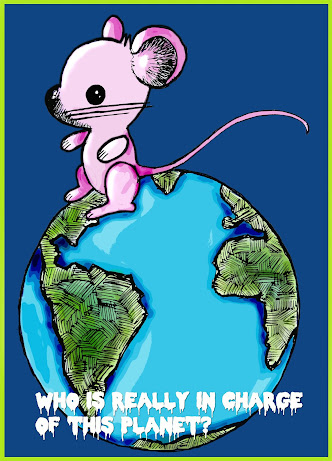The Beatles.
For many years there was one item on top of my Christmas
wish list: The Beatles latest album.
What was so special about The Beatles?
A lot.
The lyrics, the harmonies, the beautifully crafted
melodies, the depth and quality of their compositions,
and their bravery and willingness of crossing existing and
assumed musical boundaries.
For some of us music is just, well,....music.
We either like what we hear or we don't, and more
often than not, we decide so very quickly.
Our judgement is more often than not based purely on taste and
on whether we connect with the music or not.
Most of us don't ask ourselves why we like or
dislike different kinds of music, we just ''know''.
''I don't like jazz/classical/rock/blues/country etc.
etc. music.''
''Why? What don't you like about it?''
''It's not my thing, I know what I like and that's the
music I listen to.''
According to Spotify, there are over 1.300 different
genres(category/type) of music in the world.
(Well, today,....tomorrow there may be 1.301.)
In the early sixties, which is when The Beatles first sprang
forth, there were a lot less genres of music and a lot more resistance
to ''new'' music then there is today.
Music? You call that music???!!
That's not music!! Frank Sinatra, Duke Ellington, Mozart,
Beethoven, now that's music!!!
Why, those guys with their long hair and screeching guitars
don't even know how to play properly!!!
Comments containing words similar to the above
has probably been tossed about ever since ''organized'' music
was invented.
Organized as in defining pitch, rules for harmonic and melodic
structures, forms and tonalities.
Once we figured out how to notate and then later record music however,
music started to ''travel'', it became possible to hear music from
most parts of the globe.
Composers, song writers and musicians, began to incorporate
different elements of the music they heard into
their own music.
Introducing different sounding scales, harmonies,
melodies and rhythms. Even at times learning how to
play instruments they had never seen or heard before such as
tabla drums, sitars, pan flutes etc. etc.
The first pop release(allegedly) to feature sitar (a stringed instrument
related to the lute family popular in India) was ''Norwegian Wood'',
a track on the album ''Rubber Soul'' by The Beatles, released
in December 1965.
On every album that The Beatles released until they broke up
in April 1970, they managed through extraordinary creativity
and imagination to come up with new ideas.
Not only musically and lyrically, but also technically.
They introduced using feedback loops, psychedelic sounds,
playing sounds in reverse, randomly taping together cut pieces
of tape and more.
Commonly The Beatles is regarded as
the foremost and most influential band in popular
music history. Not only did they influence the music
industry, they also influenced the cultural and social
revolution in the 1960's.
Although music perhaps for many of us may primarily be
something we use to work out to, dance to, relax with,
have in the background, set the mood with, put
children to bed with, etc. etc. it can be so much more than
that if we let it.
Music is a language that needs no translation, it ''expresses
that which cannot be said and on which it is
impossible to remain silent.'' (Victor Hugo)
''You can't love music without loving The Beatles.''
(Nick Cannon)
''The Beatles blew the walls down for everybody else.''
(Barack Obama)
''The Beatles completely turned the world upside down.''
(Phil Collins)
about the image: acrylic on large canvas










